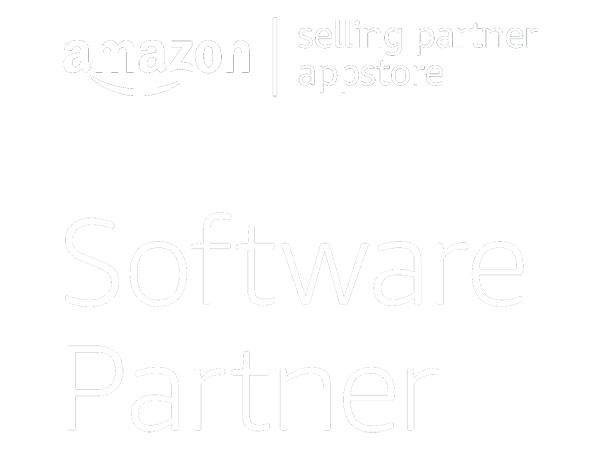As any entrepreneur can tell you, nailing a pitch takes time, practice, and solid feedback to get it just right. I’ve been through it before, so I know how difficult it can be to replicate the environment for your pitch. That’s why we launched our “Pitch Nights” at Viably.
Our Pitch Night provides a safe space for budding entrepreneurs and founders to practice their fundraising pitches or gather feedback on initial business ideas and concepts.
There are many challenges in launching a business, but a strong network of support and resources builds a foundation for success for a new venture. Growing that network for local entrepreneurs is the inspiration for this series.
The art of a funding pitch
While there are some critical elements to a pitch deck most succinctly covered by Guy Kawasaki’s famous 10 slides that many investors look for, there is still an art to it.
The story or idea is critical, especially in the early stages. Successful pitches depend on the founder(s)’ conviction on why it will work against all odds, which are always stacked against you.
From a technical standpoint, investors want founders to demonstrate an understanding of the problem and how the solution really solves it. They also want to know how you can monetize it, or at least have some idea on how to monetize it. They want to see how self-aware you are. Do you know your own strengths and weaknesses and how to compliment them with others on your team?
Even if a founder checks all of these boxes, he or she still needs to package this all together in a delivery, which is the value of practicing among a group of peers that doesn’t know these things about you. It’s one thing to practice in front of a video camera or colleagues or friends. It’s another to test your messages on like-minded strangers.
“Every pitch is an opportunity to practice for your next, even better pitch,” said Sunny Su, who participated in our kickoff event. Sunny is Principal, Chief Design Officer at Paradigm Innovation. Sunny also said he found valuable takeaways from watching other pitches throughout the night.
Takeaways from our first Pitch Night
There are many elements in building a successful startup ecosystem or community. It takes early stage investors willing to take on the risk by believing in the potential of disruptive ideas. Of course it is difficult to generate that buy-in, which is the primary skill development in Pitch Night.
“The advantage at this event is that the audience is seeing the company vision for the first time, so there’s no bias,” said Jason Jerald, CEO of NextGen Interactions. “It makes the feedback incredibly valuable.”
Participants in Pitch Night also say that small businesses require a network. Founders need to cultivate a talent pool of sales, service, marketers, engineers, and product leaders. It requires a specific personality to buy in during the early stages—energetic people who are willing to believe in the impossible, and have the conviction to bring others into the vision.
Startups also require other support systems like attorneys, accountants, and banks that help the business operations. Every new idea can fuel new jobs and work to grow and strengthen the community. So that’s the other element of Practice Pitch Night—bringing these community leaders together to network and share ideas.
Follow us on LinkedIn, Facebook, and Twitter to keep up with all our upcoming events!


